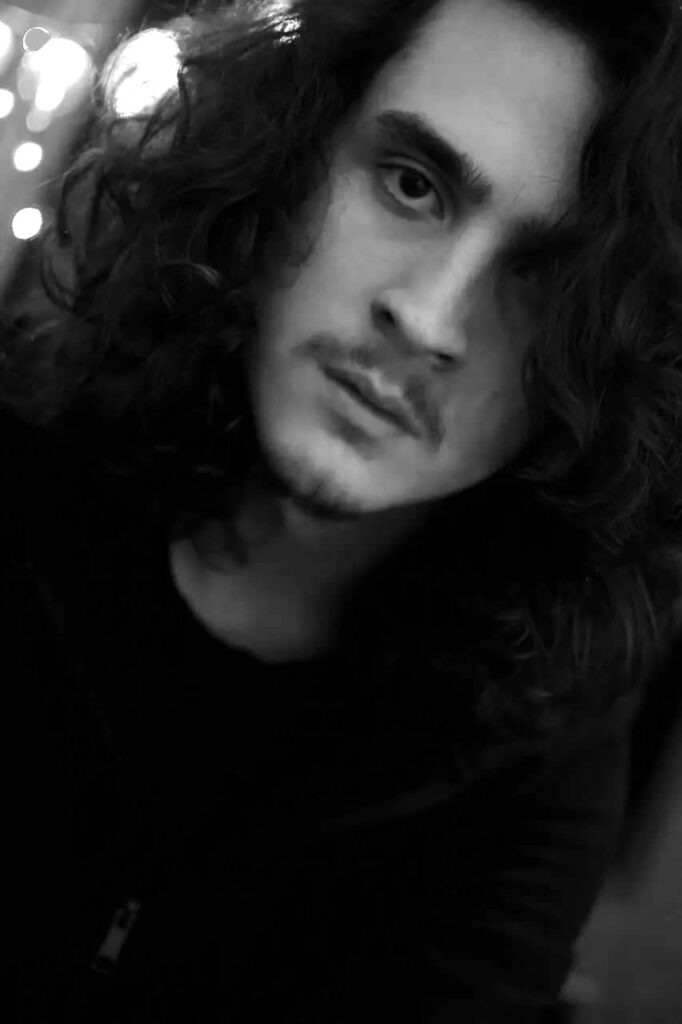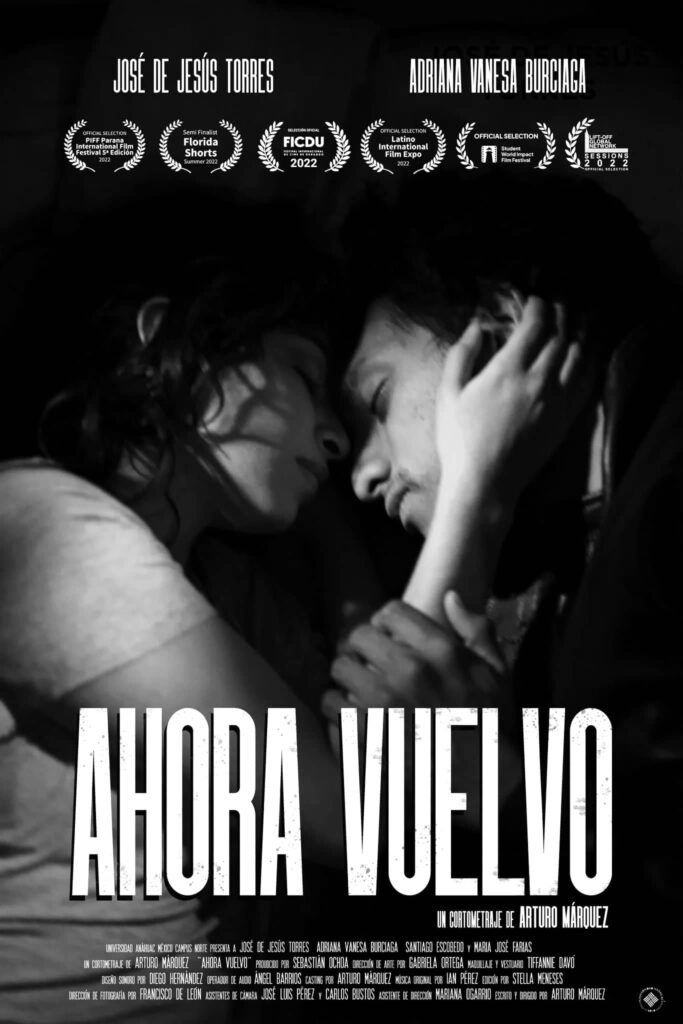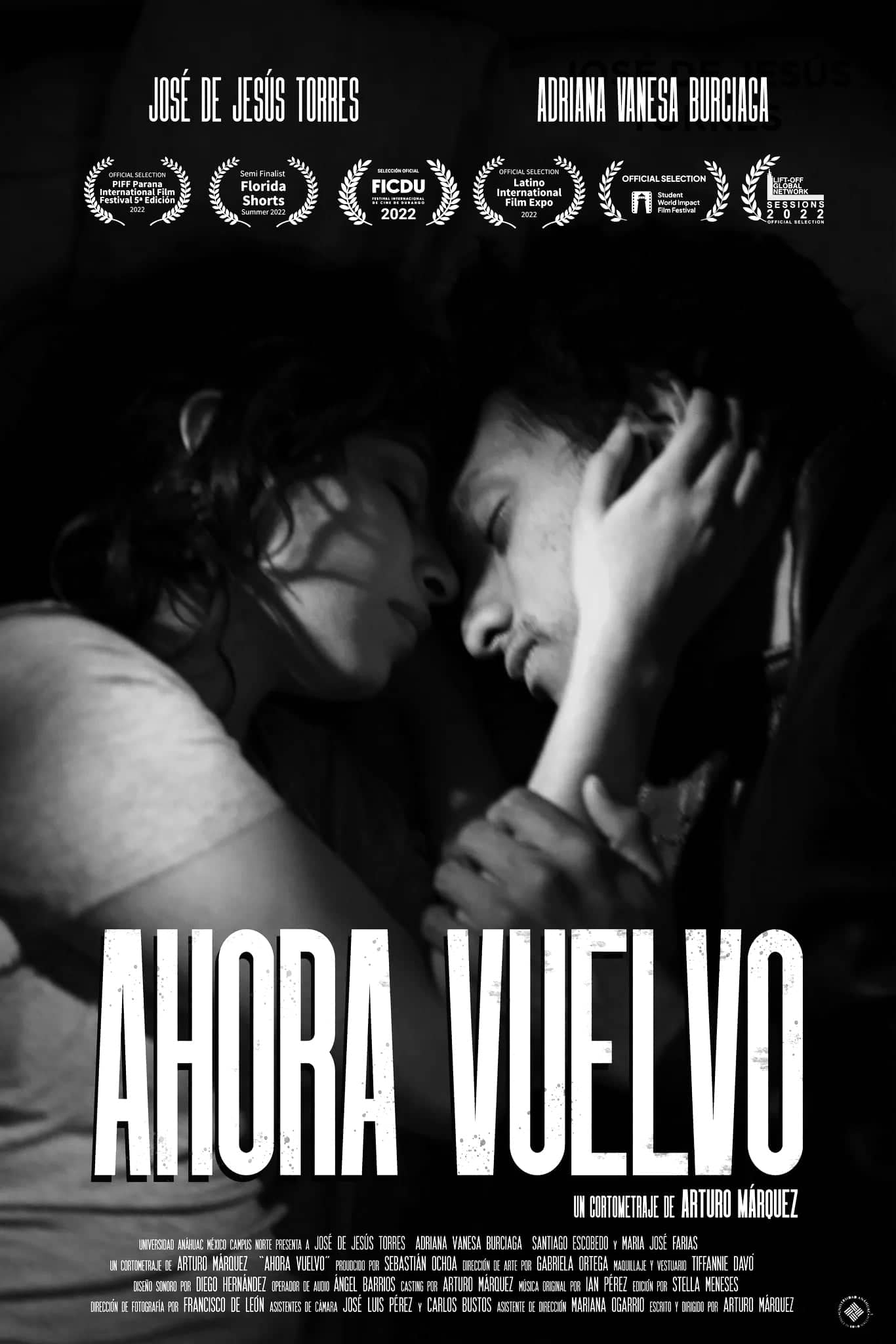
-Who is Arturo Márquez?
Arturo Márquez is a scrawny-looking guy from Mexico City. He is very empathetic, someone who knows how to listen, and enjoys it. He is somewhat contradictory, he feels; both introverted and extroverted, passionate and easy going, happy and sad, everything at the same time, and he’s still trying to figure out how’s that possible. Arturo is a pretty vulnerable and sensitive person, someone who cries easily with movies and books, and is always willing to help others.

–What inspired you to become a filmmaker?
I’ve always wanted to tell stories, I think that has been the great constant of my life. I have watched movies for as long as I can remember, they have always been there for me. When I was little, I used to imagine all these little stories in my head, and I always pictured them as movies. I wanted to draw them, but I wasn’t very good at drawing. I wanted to tell them, but I’m not that good of a speaker. When I discovered filmmaking, I realized that it was the only medium I didn’t feel limited, that it offered an infinity of stories and ways to tell them.
I don’t know who would I be without the movies that made me, that defined my worldview, that defined my personality and the way I think about other people. I think that’s why I want to make movies, “cause the powerful play goes on, and you may contribute a verse”. I just gotta figure out what would my verse be.
-Do you think the cinema can bring a change in the society?
Roger Ebert once said that movies are a machine that generates empathy. For me, our purpose as civilization is to be able to empathize with other people, and movies let you understand a little bit more about different hopes, aspirations, dreams and fears. I want to make movies because I want to speak to people like movies have spoken to me.

-What would you change in the world?
I think every person out there, deep down, is a pretty vulnerable, shattered and damaged individual. Someone who wasn’t allowed to express their opinion or their emotions. Someone who might have been humiliated, or gotten hurt. Someone told them once, “you, and everything you are, don’t matter”. Emotions, opinions, worldviews, memories, are the most wonderful things we own; they are what make us humans. And there are millions of people that were taught to never show them. If I could change anything in the world, it would be that; I would make people realize that they matter, that their emotions matter, that they have a story to tell and that there are millions of people out there willing to listen to them.
-Where do you see the film industry going in the next 100 years?
I think that filmmaking has been extremely democratized, and that’s a beautiful thing. Movements like the Nouvelle Vague or the New Hollywood from the 60s also came from more democratized ways of filmmaking, like easier access to filming equipment. I think that we are entering a new age of the film industry, one that is going to answer to an over-saturation of the film market with blockbusters. We as independent filmmakers might not have access to huge budgets or an army of a hundred vfx artists, but we have more than what we need to tell a great story. I think that the film industry is directing to more honest, grounded, realistic stories, that address what actually is going out in the world. Maybe the audience is going to divide and many niche markets, some for blockbusters, some for indie films, that I don’t really know. What I do know, though, is that art, that filmmaking, that life, always finds a way.

